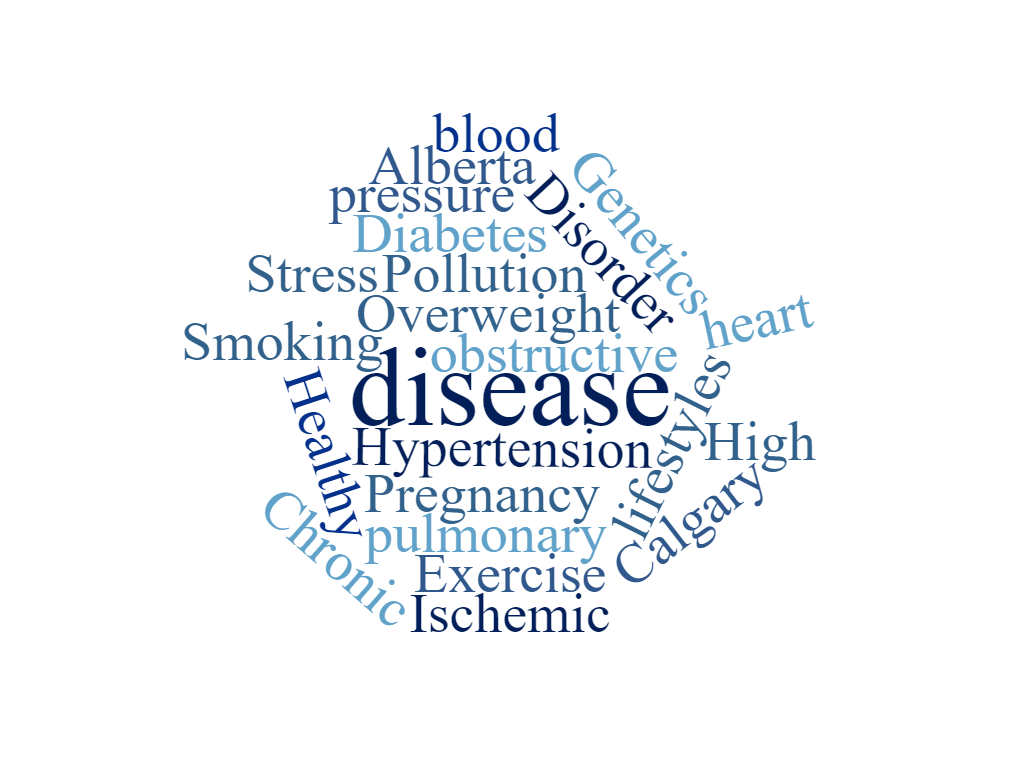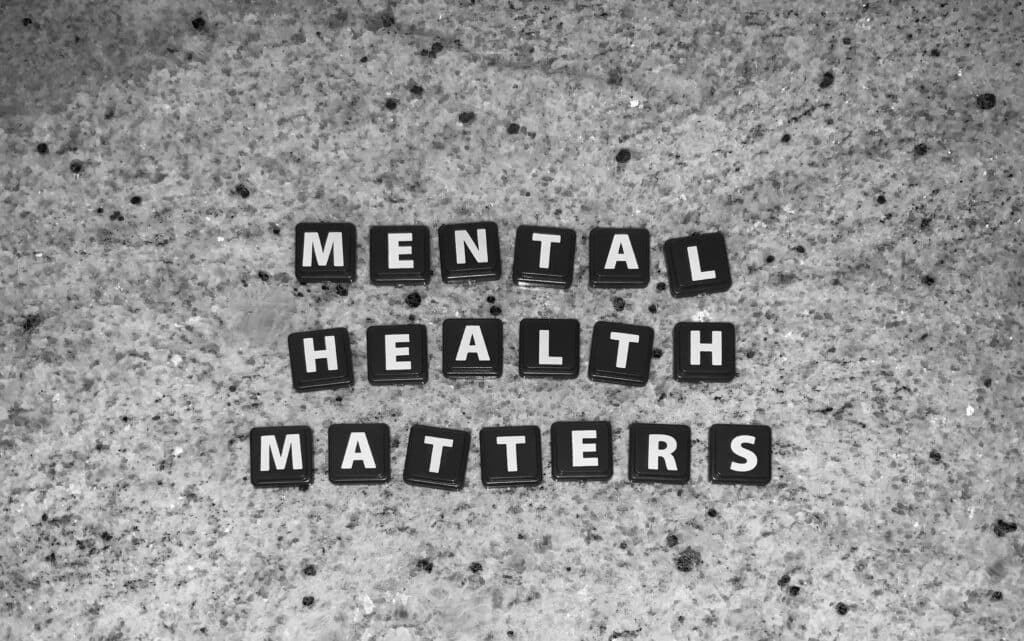We love Calgary!
Its excellent and vibrant landscape and the different venues to have a nice weekend are sure ways to fall in our city’s love.
But some of us have a special problem with Calgary. That is lots and lots of migraines bouts, especially, with the year-round Chinook waves of high and low temperatures and pressures.
But first, what is a migraine?
A migraine is a severe headache that can cause nausea, vomiting, and extreme sensitivity to light and sound. It is often described as a throbbing sensation on one side of the head. Some people also experience aura sensations like flashing lights or tunnel vision before the migraine starts. Migraines can last for hours or even days and can be very debilitating.
In the next five sections, we will discuss several things about migraines, including triggers, avoidance, prevention (a compounding pharmacy could provide some preventative compounded medications), and possible cures.
1. Migraine triggers and how to avoid them
Migraine triggers are environmental or emotional factors that can cause a migraine headache. Triggers can be different for each person. Some common triggers include stress, lack of sleep, bright lights, loud noises, and changes in the weather.
There is no one way to avoid all migraine triggers, but there are some things that can help. For example, try to get enough sleep, avoid bright lights and loud noises, and keep a journal to track your triggers. If you know what triggers your migraines, you can try to avoid them.
There are many other potential migraine triggers, and everyone’s list of triggers will be different. Some of the most common triggers include:
- Stress
- Anxiety
- Hormones
- Foods such as processed meats, aged cheeses, alcohol, caffeine, and artificial sweeteners
- Environmental triggers such as bright lights, loud noises, and strong smells

There is no one-size-fits-all answer for how to avoid migraine triggers, as everyone’s triggers will be different. However, some general tips for avoiding migraine triggers include:
- Staying stress-free as much as possible
- Managing anxiety levels
- Getting enough sleep
- Eating a healthy diet rich in fruits and vegetables
- Avoiding foods that trigger migraines
- Avoiding environmental triggers such as sudden changes in temperatures and atmospheric pressures
2. Migraine symptoms and how to treat them
Migraine symptoms can vary from person to person but may include:
- a severe headache that feels like a tight band around your head
- pain on one side of your head
- sensitivity to light, noise, or smells
- feeling sick to your stomach
- vomiting
If you experience any of these symptoms, you must see a doctor to find the best way to treat them.
There are many different ways to treat migraine symptoms, depending on what’s causing them. Some of the most common treatments include:
- painkillers, such as ibuprofen or paracetamol
- triptans, which are drugs that can help relieve the pain and other symptoms of a migraine
- anti-sickness medicines
- cooling packs
- relaxation techniques
3. Migraine prevention tips
If you are one of the 2.7 million (in the period of 2010-2011) Canadians who suffer from migraines, you know that they can be debilitating and frustrating. While there is no specific cure for migraines, there are a number of things you can do to help prevent them.
Here are some tips for preventing migraines:
- Keep a migraine diary. This can help you identify patterns and triggers.
- Avoid foods that trigger migraines. These include processed foods, artificial sweeteners, caffeine, and alcohol.
- Get regular exercise. Exercise can help reduce stress and tension, which can trigger migraines.
- Get enough sleep. Lack of sleep can trigger migraines.
- Try to relax. Stress can trigger migraines. Try yoga or meditation to help reduce stress.
- Take care of your health. Eat a balanced diet and drink plenty of water.
- Avoid smoking and exposure to second-hand smoke. Cigarette smoke can trigger migraines.
- Use a humidifier. Dry air can trigger migraines.
- See your doctor if you are taking medication that may be triggering your migraines. Some medications, such as birth control pills, can increase your risk of migraines.
- Sometimes a compounded magnesium glycinate and riboflavin – or vitamin B12 – (each one in a separate capsule) with increased strengths can prevent migraines from happening, especially in kids.
Magnesium glycinate and riboflavin (B12 vitamin) are two essential nutrients that work together to provide various health benefits. Magnesium is a mineral that is important for many bodily functions, including energy production, nerve function, and muscle contraction. Riboflavin is a water-soluble vitamin that is important for energy production, red blood cell formation, and the maintenance of healthy skin and hair. When combined, magnesium glycinate and riboflavin can help support several body functions in the human body.
It is noteworthy that both magnesium and vitamin B12 can also stabilize blood pressure and sugar and help reduce muscle cramps. It is hard to find Magnesium glycinate and riboflavin in multivitamins. Also, the available magnesium in multivitamins (magnesium oxide, for example) does not have the high absorption rate of the magnesium glycinate.
Chaparral Pharmacy – Remedy’sRx has a compounding centre that can prepare the needed magnesium compound that could help prevent migraine from happening in the first place.
However, it should be noted that there is no one solid cure for migraines, but by following these prevention tips, you can help reduce your risk of getting them.
4. Living with migraines
Below is an imaginary (but scientifically correct) excerpt that a migraine patient might say:
“I have had migraines since I was a little girl. My mom would always tell me that they were just headaches, but I knew there was something different about them. My migraines would always start with a really bad headache, and then I would get really sick to my stomach. Sometimes I would throw up and sometimes I would just feel really sick. Over the years, I have learned to deal with my migraines. I know that I need to rest, and I know that I need to avoid certain foods. I also know that I need to take medication if I start to feel a migraine coming on. Living with migraines can be really tough. It can be hard to go to work or school when you know that you are going to get a migraine. It can also be hard to do everyday activities when you have a migraine. For me, the best thing to do is rest in a dark room and take medication. Sometimes the medication will stop the migraine from happening, and other times it will just help to make the migraine go away faster.”
5. Migraine research and news
Recent research has shown that migraine headaches may be caused by changes in the brain. These changes may be related to the release of chemicals called neurotransmitters.
Neurotransmitters are chemicals that help to control nerve communication. They are released by nerve cells and travel to other nerve cells. Examples of those neurotransmitters include serotonin and dopamine.
Changes in the levels of these neurotransmitters may lead to the release of chemicals called peptides. These peptides may cause the blood vessels in the head to expand and contract. This can lead to the development of a migraine headache.
Again, there is currently no cure for migraine headaches, but researchers are working on new treatments that may target these changes in the brain. These treatments include medications and surgery.
Thanks for reading this blog post. If you like it, please share it using the buttons below with your friends, family, and colleagues.




